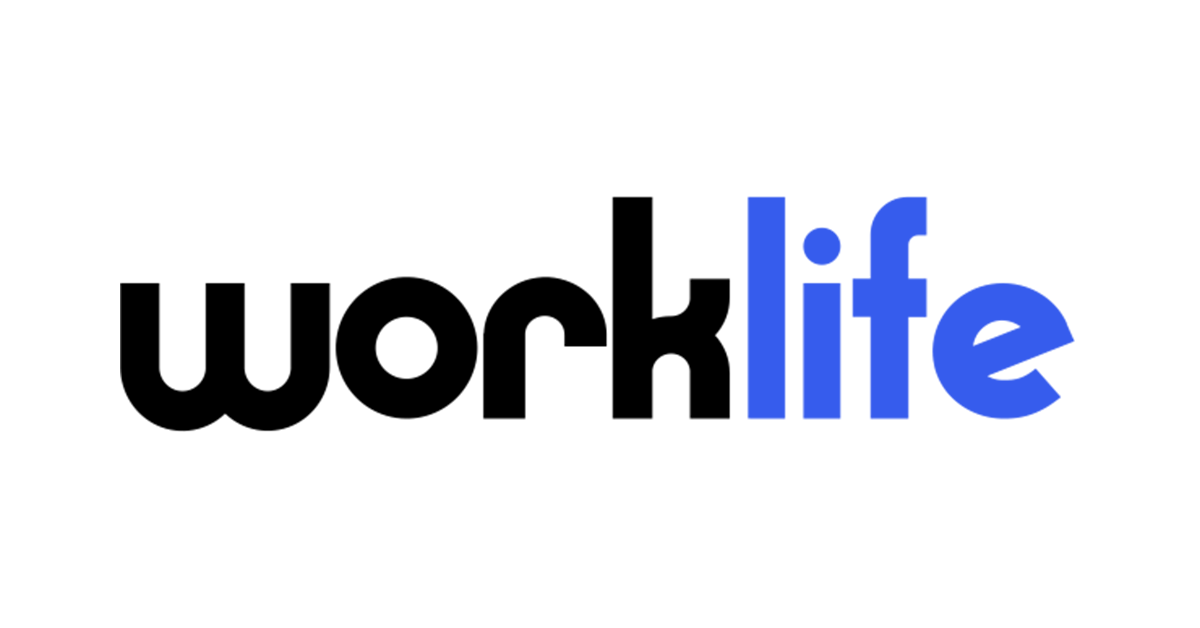In HR Acuity’s 2016 Employee Relations Benchmark Study, it was found that for every 1,000 employees, companies should expect to see between four and five allegations of harassment or discrimination. But it’s not surprising to expect that firms with a culture of mutual respect would see lower instances of these issues.
On an individual level, everyone knows that respect is a powerful cultural element for creating a high-performing workplace. Think about the last time someone showed you respect, whether in the form of praise or by simply listening to your opinions on a topic. These small gestures inspire positive emotions, but they also create a foundation of mutual trust and respect that can shape positive employee relations practices.
Think of respect and trust as a bank account. If your leaders continuously make deposits in the form of clear communications and recognition for good work, the experience will be a net positive one for employees. Or, if disrespect reigns, then more drastic measures may have to be taken. “If [the issue of disrespect] cannot be successfully handled within the workgroup, we fire them,” says Tony Hsieh, CEO of Zappos.com.
THE NEUROSCIENCE OF RESPECT
In his book “The Respect Effect,” Paul Meshanko examines the “fight or flight” mechanism and how it plays into workplace interactions. By satisfying someone’s need for safety, both physically and emotionally, we create an amazing opportunity for engagement. In Meshanko’s words:
It is the mode in which we function when we perceive ourselves to be free from danger and in the presence of those who appreciate us, value what we contribute and deem our best effort as being essential to the overall success of the group. It is also the mode in which we are constructively challenged, given opportunities and resources to be successful, and can share in the rewards of our collaboration with others. When we operate in this type of rich, stimulating and emotionally nourishing environment, our brains are more productive than normal. They release powerful neurotransmitters that stimulate our creativity, desire to work collaboratively and allow us to find deep personal satisfaction in our work. This is theRespect Effect.
This clearly demonstrates the mental elements that can, consciously or unconsciously, create an environment where people bring their best selves to work. Additionally, in the book “Crucial Conversations,” the writers discuss how to make it safe for employees to talk about anything, including those tough, uncomfortable conversations, in the workplace. There are two core elements that are necessary to create this safe space:
- Mutual Purpose – an employee needs to know that their manager cares about their best interests and goals
- Mutual Respect – an employee needs to know that their manager cares about them as an individual
This reiterates Meshanko’s assertion about creating a safe environment that transcends physical and emotional boundaries. It’s clear that these are good practices, but what are the outcomes?
POSITIVE OUTCOMES OF A RESPECTFUL CULTURE
We know that creating a culture of mutual respect is a positive employment relations practice, but it also can reduce discrimination and harassment claims as well. Most employee relations problems are caused, in essence, by a lack of respect for a person or group. This played out in the recent story about one fast food restaurant. In this instance, a minority KFC worker faced racial slurs and hostile confrontations, suggesting that respect is not a fundamental value of that particular workplace.
Additionally, one piece of research from Harvard Business Review points out that a positive culture based on trust and respect can lead to higher engagement and productivity. In addition, engagement has been linked to other critical business outcomes like retention, customer satisfaction and revenue generation — all powerful measures of business success.
The bottom line is, a work environment that lacks real or perceived mutual respect and trust has a direct impact on the company’s culture and bottom line. The cost is too high not to focus efforts on creating a safe, respectful environment for employees to perform their best.



